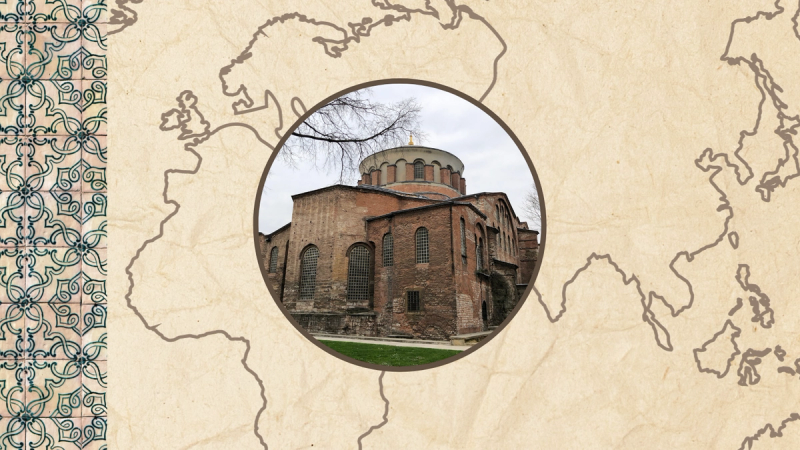Christians in the West often assume that missionaries from Britain and the United States were the first to bring the gospel to Asia and Africa. Within this broad assumption, we tend to make either of two false choices: some of us risk throwing out the baby of essential Christian faith and practice with the bathwater of Western prejudice, while others pursue contextualization while slipping into relativism and syncretism. But the actual history of the church points to a third way that’s sensitive to regional diversity as well as to unity, as Jude 1:3 says, in “the faith once and for all delivered to the saints.” (Jude, let us recall, was Jewish.)
Here’s the real story: Christianity emerged in the Middle East but spread quickly, not only to the Southern fringes of Mediterranean Europe but also to Central Asia, Africa, and India, beginning with the apostles. Mark went to Egypt, for example, and Thomas to India. Armenia was the first country to adopt Christianity officially in 301. About a decade, later the Christian apologist Arnobius could celebrate that the gospel “has subdued the fires of passion, and caused races and peoples and nations most diverse in character to hasten with one accord to accept the same faith . . . in all islands and provinces on which the rising and setting sun shines.” A wide door was opened in China by Emperor Taizong in the seventh century when he embraced Christ through an Assyrian missionary, Alopen, who gave him the Scriptures. During roughly the same period, missionaries were barely making inroads among Northern and Western European tribes.
Especially through my interactions with Christians from Asia, Africa, India, and the Middle East through our Theo Global conferences, I’ve become increasingly convinced that the collective memory of Western Christians, like me, is short. I vividly recall gathering for a group picture in Istanbul at the Hagia Irene, where the Nicene-Constantinopolitan Creed received its finishing touches in 381. It reminded us all that our Christian story, woven around this shared “rule of faith,” is much older and broader than so many of us assume. This is not in any way to diminish the significance of the modern missionary movement; it’s to affirm that being catholic and evangelical today requires an appreciation for the diverse voices that have propagated it from the beginning. Catholic, after all, means universal.
When Asian and African Christians bear witness to this evangelical catholicity, they neither adopt wholesale nor reject Western developments of Christian faith and practice. And as Western Christians, we need to listen to these brothers and sisters committed to a rule of faith that came to the West rather than invented here. The global church has its own stories to bring to the family reunion, both ancient and contemporary, to receive important legacies of Western Christianity and enrich the whole body of Christ in our day—a body most diverse in character but sharing one and the same faith.
Footnotes
Encyclopedia of Ancient Christianity, vol. 1, ed. Angelo Di Berardino (Downers Grove, IL: IVP Academic, 2014), 500–01.
BackSee John C. Lamoreaux, trans., Theodore Abū Qurrah,The Library of the Christian East (Provo, UT: Brigham Young University Press, 2005), vii.
Back









